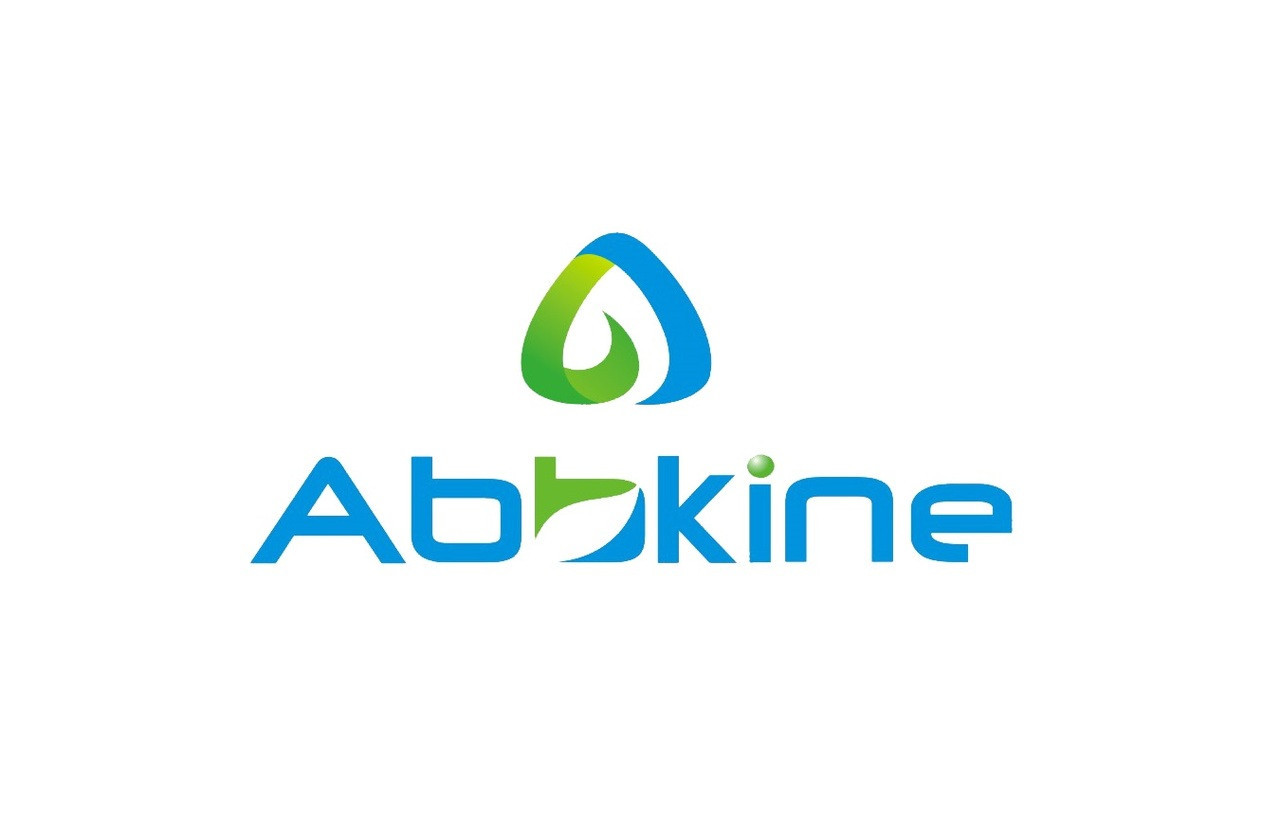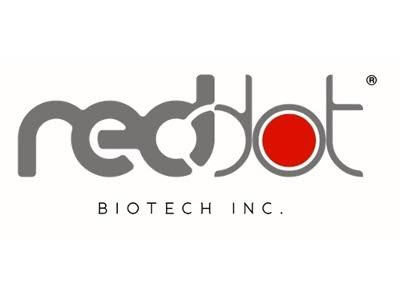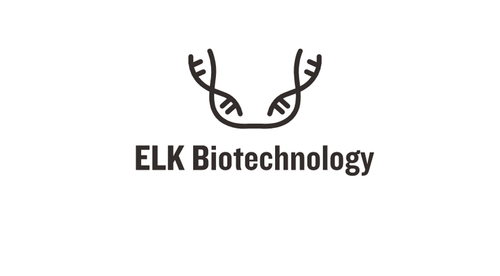Product Description
Human 7-dehydrocholesterol reductase (DHCR7) ELISA Kit | KTE62410 | Abbkine
Application: This Human 7-dehydrocholesterol reductase (DHCR7) ELISA Kit employs a two-site sandwich ELISA to quantitate DHCR7 in samples. An antibody specific for DHCR7 has been pre-coated onto a microplate. Standards and samples are pipetted into the wells and anyDHCR7 present is bound by the immobilized antibody. After removing any unbound substances, a biotin-conjugated antibody specific for DHCR7 is added to the wells. After washing, Streptavidin conjugated Horseradish Peroxidase (HRP) is added to the wells. Following a wash to remove any unbound avidin-enzyme reagent, a substrate solution is added to the wells and color develops in proportion to the amount of DHCR7 bound in the initial step. The color development is stopped and the intensity of the color is measured.
Detection Method: Colorimetric
Conjugate: N/A
Sample Type: Cell culture supernatants#Serum#Plasma#Other biological fluids
Assay Type: Multiple steps standard sandwich ELISA assay with a working time of 3-5 hours. It depends on the experience of the operation person.
Kit Component: • Human 7-dehydrocholesterol reductase microplate
• Human 7-dehydrocholesterol reductase standard
• Human 7-dehydrocholesterol reductase detect antibody
• Streptavidin-HRP
• Standard diluent
• Assay buffer
• HRP substrate
• Stop solution
• Wash buffer
• Plate covers
Features & Benefits: Human 7-dehydrocholesterol reductase (DHCR7) ELISA Kit has high sensitivity and excellent specificity for detection of Human DHCR7. No significant cross-reactivity or interference between Human DHCR7 and analogues was observed.
Calibration Range: Please inquire
Limit Of Detection: Please inquire
Usage Note: • Do not mix components from different kit lots or use reagents beyond the kit expiration date.
• Allow all reagents to warm to room temperature for at least 30 minutes before opening.
• Pre-rinse the pipet tip with reagent, use fresh pipet tips for each sample, standard and reagent to avoid contamination.
• Unused wells must be kept desiccated at 4 °C in the sealed bag provided.
• Mix Thoroughly is very important for the result. It is recommended using low frequency oscillator or slight hand shaking every 10 minutes.
• It is recommended that all samples and standards be assayed in duplicate or triplicate.
Storage Instruction: The unopened kit should be stored at 2 - 8°C. After opening, please store refer to protocols.
Shipping: Gel pack with blue ice.
Precaution The product listed herein is for research use only and is not intended for use in human or clinical diagnosis. Suggested applications of our products are not recommendations to use our products in violation of any patent or as a license. We cannot be responsible for patent infringements or other violations that may occur with the use of this product.
Background: 7-dehydrocholesterol reductasean enzyme that removes the C (7-8) double bond in the B ring of sterols and catalyzes the conversion of 7-dehydrocholesterol to cholesterol. This gene is ubiquitously expressed and its transmembrane protein localizes to the endoplasmic reticulum membrane and nuclear outer membrane. Mutations in this gene cause Smith-Lemli-Opitz syndrome (SLOS) ; a syndrome that is metabolically characterized by reduced serum cholesterol levels and elevated serum 7-dehydrocholesterol levels and phenotypically characterized by mental retardation, facial dysmorphism, syndactyly of second and third toes, and holoprosencephaly in severe cases to minimal physical abnormalities and near-normal intelligence in mild cases. Alternative splicing results in multiple transcript variants that encode the same protein.
Alternative Names: DHCR7; SLOS; delta-7-dehydrocholesterol reductase; sterol delta-7-reductase
Search name: DHCR7; SLOS; delta-7-dehydrocholesterol reductase; sterol delta-7-reductase
Tag: DHCR7
 Euro
Euro
 USD
USD
 British Pound
British Pound
 NULL
NULL








